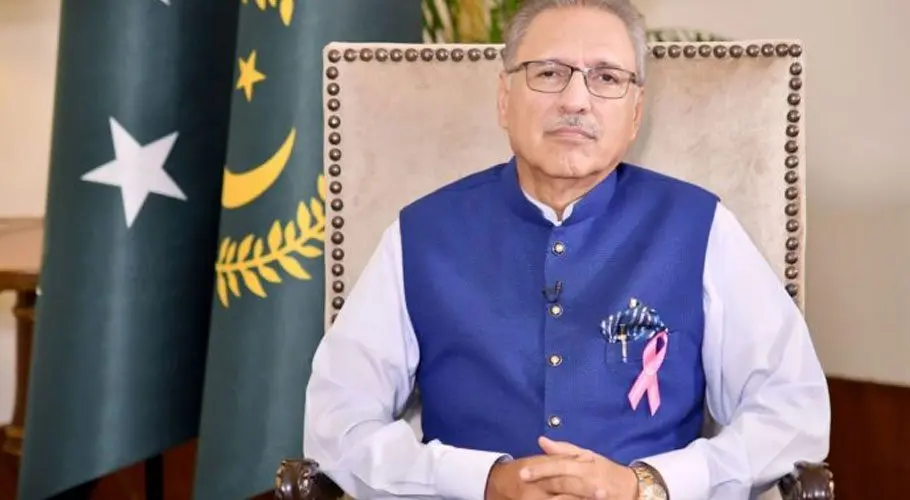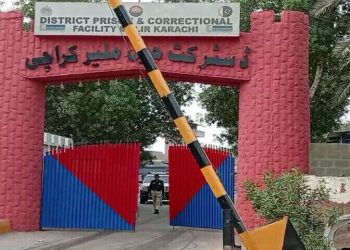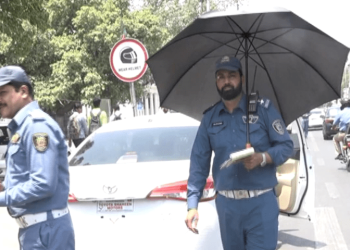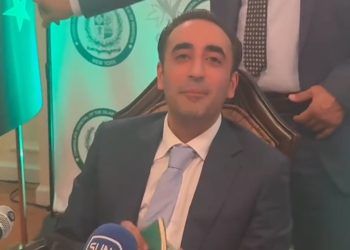After the fall of the Pakistan Tehreek-e-Insaf (PTI) government, there is still an element of tension in the country’s political chambers.
Refusing to accept the new government, the Speaker, Deputy Speaker National Assembly, Governor Sindh, Governor Balochistan, and Governor Khyber Pakhtunkhwa have resigned from their posts. The state and the governor of Punjab want to be removed from their posts.
Oath to the Prime Minister
After the removal of Imran Khan from the PM’s post through a no-confidence motion, the House elected Shehbaz Sharif as the new leader and it was the constitutional responsibility of President Dr. Arif Ali, however, he refused to take the oath on the pretext of ill health and in his absence took the oath of office of the new Prime Minister from Senate Chairman Sadiq Sanjrani.
Formation of government and responsibility of President
After assuming the office of Prime Minister, after the formation of Shehbaz Sharif’s cabinet was completed, the President had to take oath from the federal ministers but he once again refused to fulfill his constitutional responsibility due to which the chairman of the Senate asked the federal ministers.
Oath to opponents of presidents in past
If we look at the history of Pakistan, no one except Dr. Arif Alvi from PTI has refused to take oath from the Prime Minister of the Opposition. If we talk about the year 2000 then Pervez Musharraf took oath as Prime Minister from Yousuf Raza Gilani. After that, Asif Ali Zardari took the oath as Prime Minister from Nawaz Sharif and Mamnoon Hussain took an oath from Imran Khan.
Presence of Arif Alvi in office
After filing a no-confidence motion against Imran Khan, Speaker Asad Qaiser resorted to delaying the convening of the meeting unconstitutionally. Later, Deputy Speaker Qasim Suri violated the Constitution by defrauding liability.
Court and Governor Punjab
After the fall of the PTI central government, governors of three provinces resigned, while in Punjab, where PML-N is about to form a government, PTI governors are still in office. However, despite being in office, Omar Sarfraz Cheema has refused to take oath from newly-elected Punjab Chief Minister Hamza Shehbaz, on which the PML-N has decided to approach the court.
Difficulties for government
According to legal experts, when a summary is sent to the president by the prime minister or cabinet for approval, the president’s office is constitutionally given 15 days to decide. The President may then send the summary back to the Prime Minister or Cabinet for reconsideration.
According to legal expert Salman Akram Raja, it is believed that the office of the President is just a post office, but if one looks at the constitutional powers he enjoys, he can suspend many important matters of the government for a short period and make important decisions.
The re-examination takes at least a day and even if the summary of the Prime Minister and the Cabinet is the same, the President can consider it for another ten days. According to Salman Akram Raja, the president can delay any issue for about a month.
Can the government remove Arif Alvi from office?
Legal experts say it is not possible to remove President Arif Alvi from office because impeachment of the president requires a two-thirds majority of the total members of both houses of parliament, the National Assembly, and the Senate. In this case, the president has no threat from the government.
There are currently 342 seats in the National Assembly and 100 senators, including 26 senators from the PTI. Out of a total of 442 members of the National Assembly and Senate, about 296 members support the impeachment of the President It has to be achieved.
At present, the government has a total of 197 members in the National Assembly, including the deviant members of the PTI. Perhaps this is the reason why Arif Alvi refuses to fulfill his constitutional responsibilities as president.



































